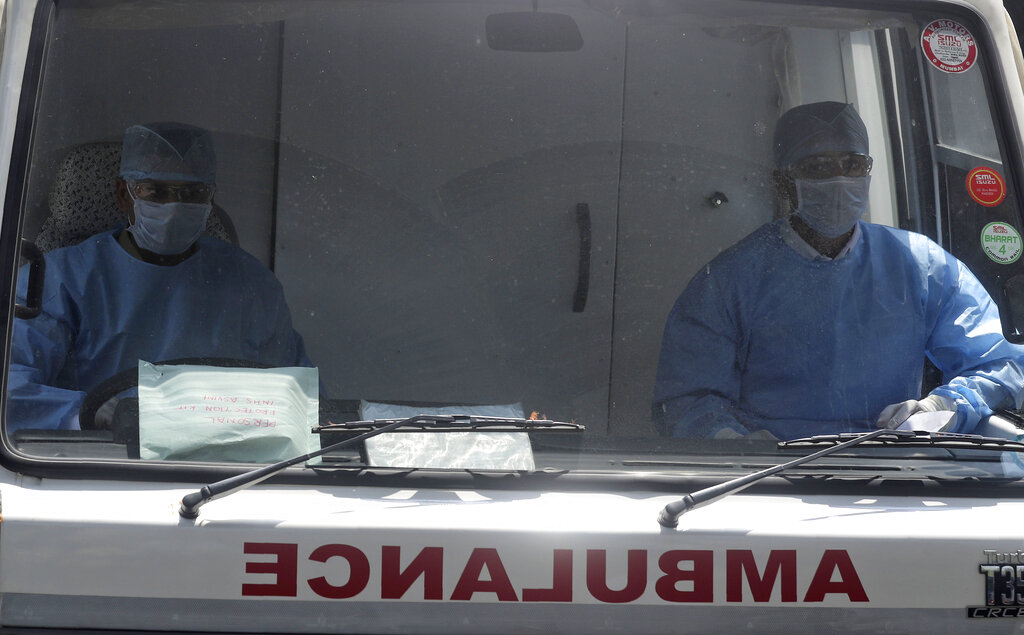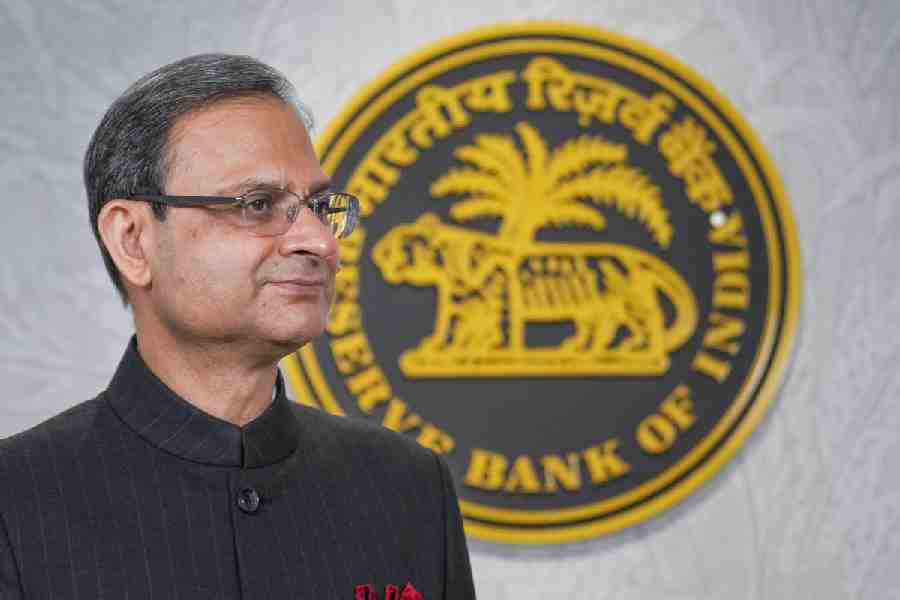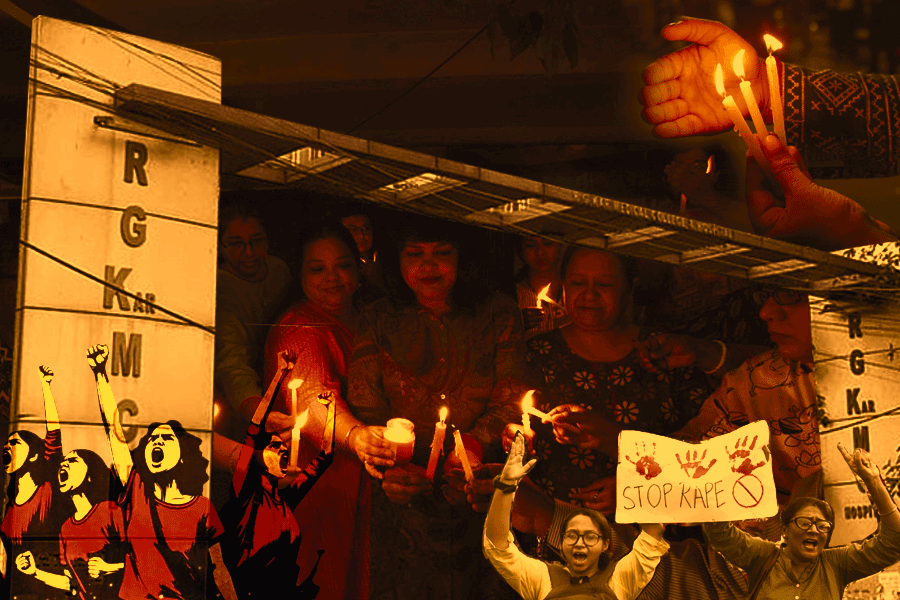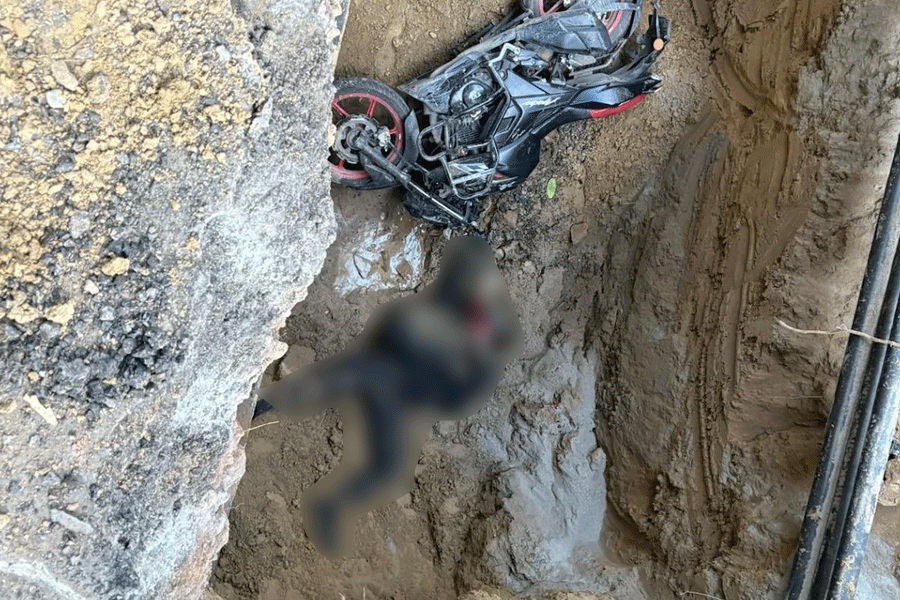As the coronavirus scare increases, the measures to screen people, primarily passengers at airports, are testing everyone’s patience. Even as Union and state governments attempt to contain the spread, India risks entering Stage 3 of the Covid-19 spread, or what is known as community transmission.
The Indian Council of Medical Research (ICMR) clarified on Tuesday that it was focusing on those travelling from countries with coronavirus infections. No wonder those who are complaining are folks who are at international airports.
Several passengers have alleged harassment and mismanagement by airport and health officials. Twentyfive-year-old student Shivam, travelling from Paris on Monday, recounted his day-long ordeal at the airport. France is the seventh most coronavirus-infected country.
According to him, passports of all passengers were taken away by immigration officials after thermal screening at the Indira Gandhi International airport.
“About 700-800 people, from two flights from Germany and France each, were herded to an area at the airport. Many were travelling without masks or sanitizers with them,” Shivam told The Telegraph Online.
He alleged that there was no food or water for hours, or any clarity as to what officials intended to do with them.
Several videos and images have surfaced online in the last two-three days in which passengers can be seen screaming at officials and security men. Some demanded they be sent home for self-isolation.
In one video shared by the student, a woman can be seen pleading the authorities to get medicine for her husband who suffers from high blood pressure.
The crowd was made up of mostly students and the elderly, including some who were travelling with young children and infants. Shivam claimed that the father of an infant, who was on his flight, kept requesting officials to get food for his child. But they did nothing.
After about 10 hours, he was bundled into buses in a group, still without passports, and was taken to the Delhi Police Training School in Dwarka. The school had been converted into a quarantine centre.
“It was like a “dharamshala” with Delhi police constables in space suits and dirty toilets,” said Shivam. By then none of them had been tested for the infection. They were told to stay on in the camp for two weeks.
Anoushka Kumar took to Facebook to post her experience at the same camp. She had returned from Spain, the fourth most coronavirus-infected nation.
“They treated us like toxic sheep who had coronavirus and so they had to keep away from us and keep us away from the rest of the world, not caring about our well being or treating us as humans,” she wrote.
After hours of protests the passengers were taken to three private hospitals – Red Fox, Lemon Tree and Ibis at Aerocity – where they were asked to check-in for 14 days and pay about Rs.56,000 each.
People were allowed to leave for their homes later at night after they agreed to stay in self-isolation for 14 days.
Another student, 24-year-old Rajat, who flew from Frankfurt in Germany had a similar experience. He was also part of the same group of passengers that was screened on Monday, and was taken hours later to SGT medical college in Gurgaon, which was converted into a quarantine centre.
Similar to the Dwarka camp, Rajat found out that he was expected to share a dormitory and one toilet with 30 other men. He alleged that the facilities were unsanitary and unsafe for people kept in quarantine.
“We don’t want to spread the virus. But you can’t put 30 people in a single room where anyone can be carrying the virus,” said Rajat. “We told officials that we can stay here for a couple of days provided you do the best. You take our samples and send it for a test and provide us a hygienic place to stay. We’re not unreasonable.”
Later around midnight, Rajat was also allowed to leave for his relative's home with a similar agreement to remain in quarantine for two weeks.
The ministry of civil aviation, in a statement, accepted that passengers from Germany and France faced difficulties as passengers were from countries that require mandatory quarantine.
The ministry said that there was some delay before passengers were sent to quarantine centres.
The civil aviation minister Hardeep Singh Puri took to Twitter to say that at Delhi and Mumbai airports, among the busiest airports in the world, check out time is 20-30 mins as compared to six hours taken in other countries.
Two days after the news of mismanagement, the Delhi airport shared visuals of a dedicated zone for passengers from at-risk countries and arrangements for food and water.
It also issued an advisory on Wednesday where it explained the procedure. The Airport Health Organisation, the advisory said, will send all symptomatic passengers for isolation and the rest will be handed over to the state health team to be screened further and quarantined.
Multiple cases of people suspected of coronavirus infection fleeing camps and hospitals have also come to light. While the authorities are trying to trace and track all cases with travel history to infected countries, or those with a history of having come in contact with people who have travelled, cases of negligence are being reported.
The lack of trust in public healthcare in India and the poor condition of public hospitals are some of the reasons behind people are running away from these centres.
In Maharashtra, 19 cases of suspected patients fleeing government facilities have been reported.
A woman from Agra, who was misreported to have fled quarantine made headlines. Agra district magistrate told a newspaper that she and her family resisted being isolated at a public health facility despite her husband showing symptoms.
A 29-year-old woman, who tested positive for Covid-19, fled from Gurgaon’s Civil Hospital quarantine facility because she found it unsatisfactory.
She had returned from Malaysia and was sent to the quarantine facility. However, she went to Delhi's Ram Manohar Lohia (RML) hospital and got admitted to the quarantine ward.
(Names of passengers have been changed to protect their identity)










